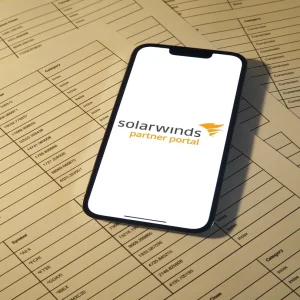The bidders will be competing to have the ability to roll out 4G mobile broadband services across the UK next year.
Ofcom says the new spectrum will increase the amount of airwaves available to mobile phones by more than 75%.
"The 4G auction will be a competitive process that will dictate the shape of the UK mobile phone market for the next decade and beyond, said Ed Richards, Ofcom’s chief executive. "New 4G services will stimulate investment, growth and innovation in the UK and deliver significant benefits to consumers in terms of better, faster and more reliable mobile broadband connections."
The organisations that qualify to bid in the auction are EE, HKT, Hutchison 3G UK, MLL Telecom, Telefónica UK, Vodafone and Niche Spectrum Ventures.
Initial 4G networks will be at least 5-7 times faster than existing 3G networks.
"While the entry of new players into the spectrum arena will undoubtedly benefit the economy, it will be interesting to see how these companies go about installing their network infrastructure," said Mervyn Kelly, network specialist at Ciena.
"In a market that will only become more competitive, a robust and resilient network that can offer maximum capacity, low latency and maximum bandwidth will be essential to the success of all new entrants. This network will not only provide a solid differentiating selling point for new entrants, but will also be at the heart of providing the UK with a truly best in class 4G network.
"With this in mind it will be interesting to see how the new parties proceed. The option to build their own state of the art networks to deliver a best in class 4G offering will take longer, but will benefit the country, particularly rural Britain in line with Ofcom’s expectations."
Ofcom announced last month that it’s preparing the UK for a 5G future in order to keep with the increasing demand of mobile data by consumers.
Ofcom’s chief executive said that 4G may not be enough to meet the demands of data for consumers in the future.
The mobile data demand is predicted to be 80 times higher than it is today by 2030 and the UK communications authority will utilise some spectrum in the 700MHz band to help avoid a possible ‘capacity crunch.’
However, some industry experts say that providing extra airwaves will not solved the mobile data demand problem.
"While it’s encouraging to see that Ofcom is being proactive by planning to make more spectrum available, extra airwaves alone won’t solve the problem of bulging mobile networks," Bruce Girdleston, senior business development manager at Virgin Media Business told CBR.
"Mobile network operators will almost certainly welcome the news of more available spectrum, but they’ll also be looking to make sure they have maximum bandwidth between their cell sites by taking advantage of fibre networks."






